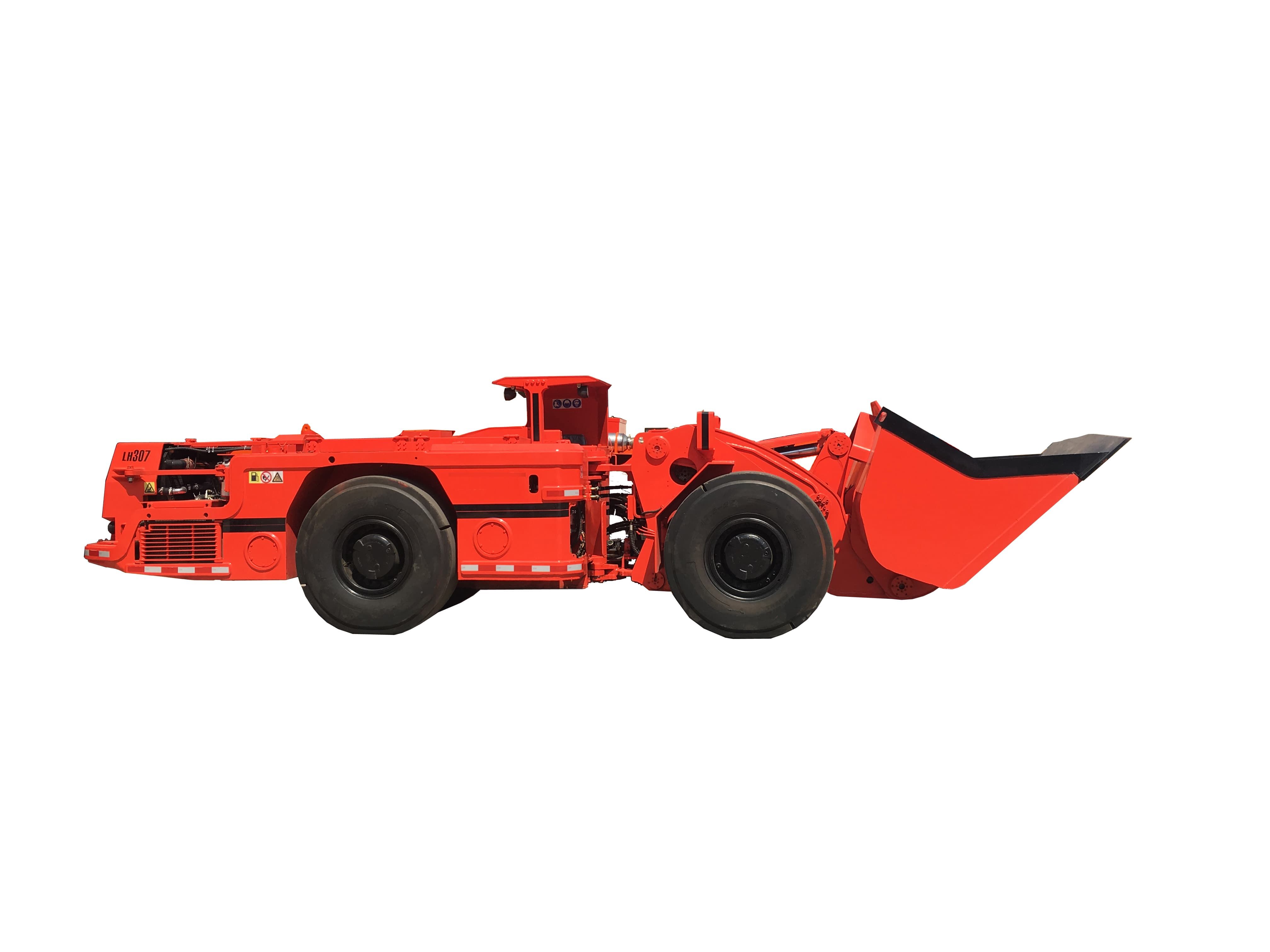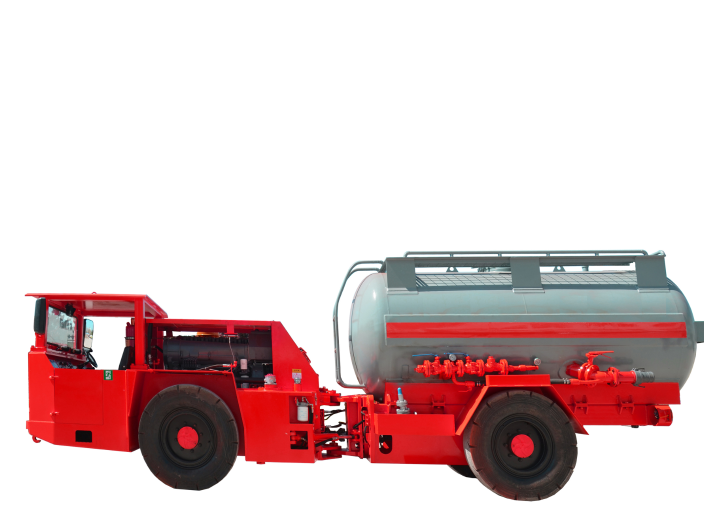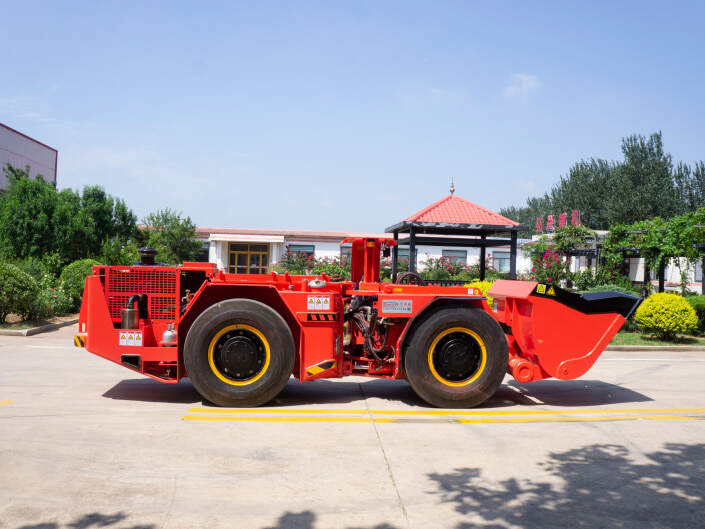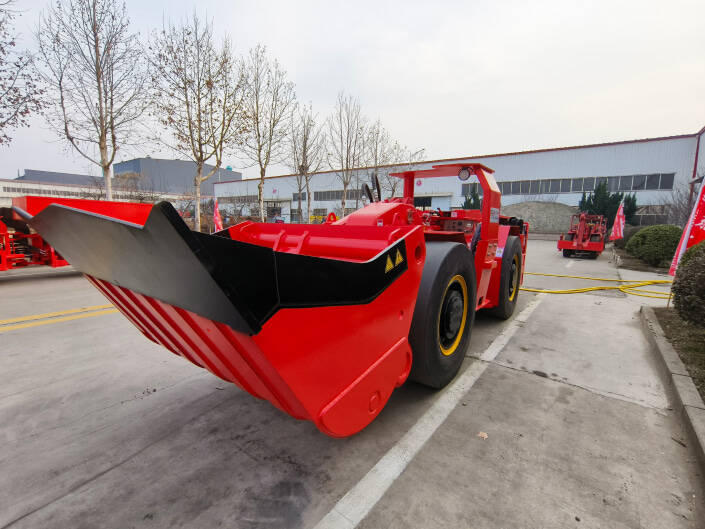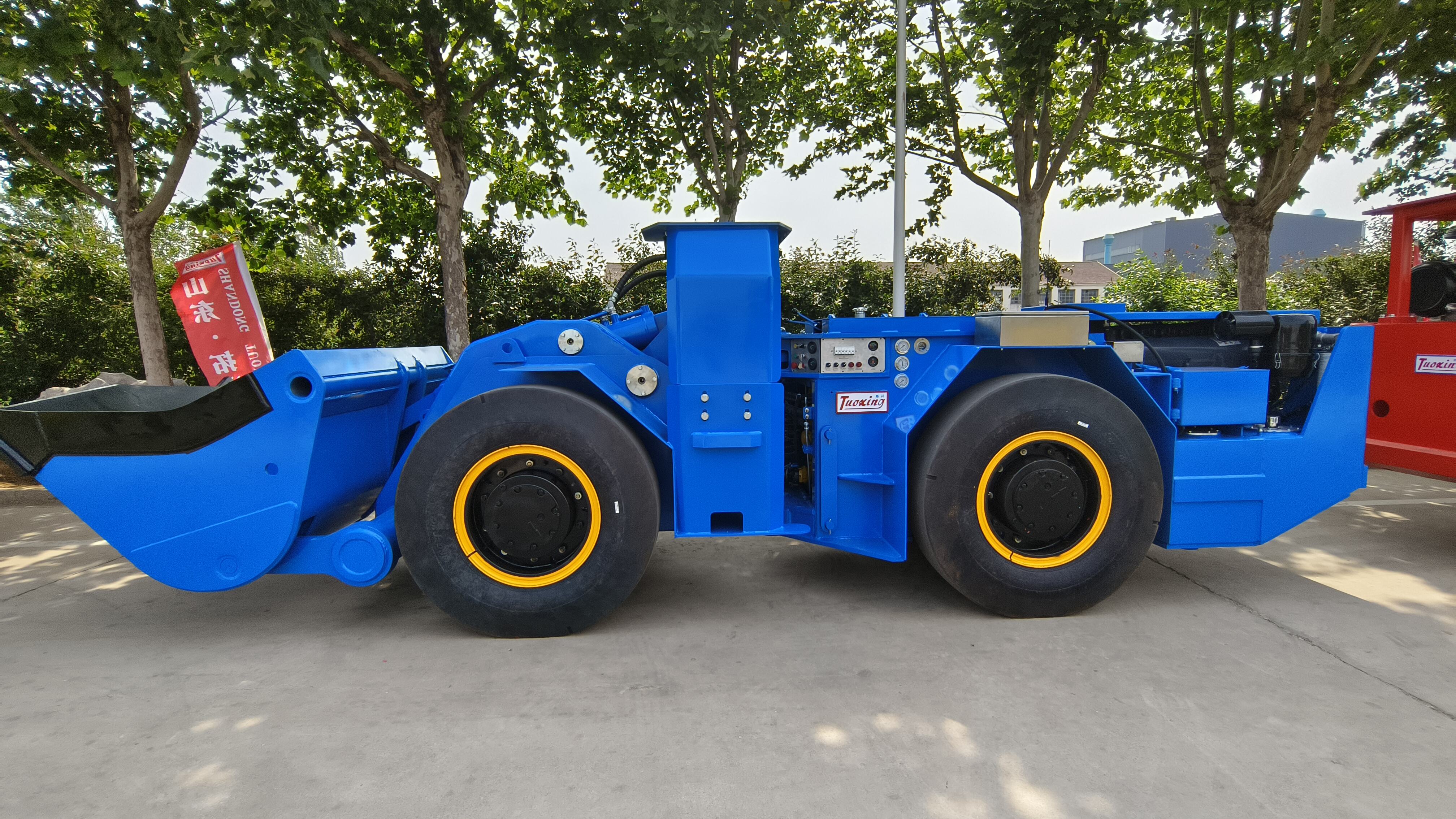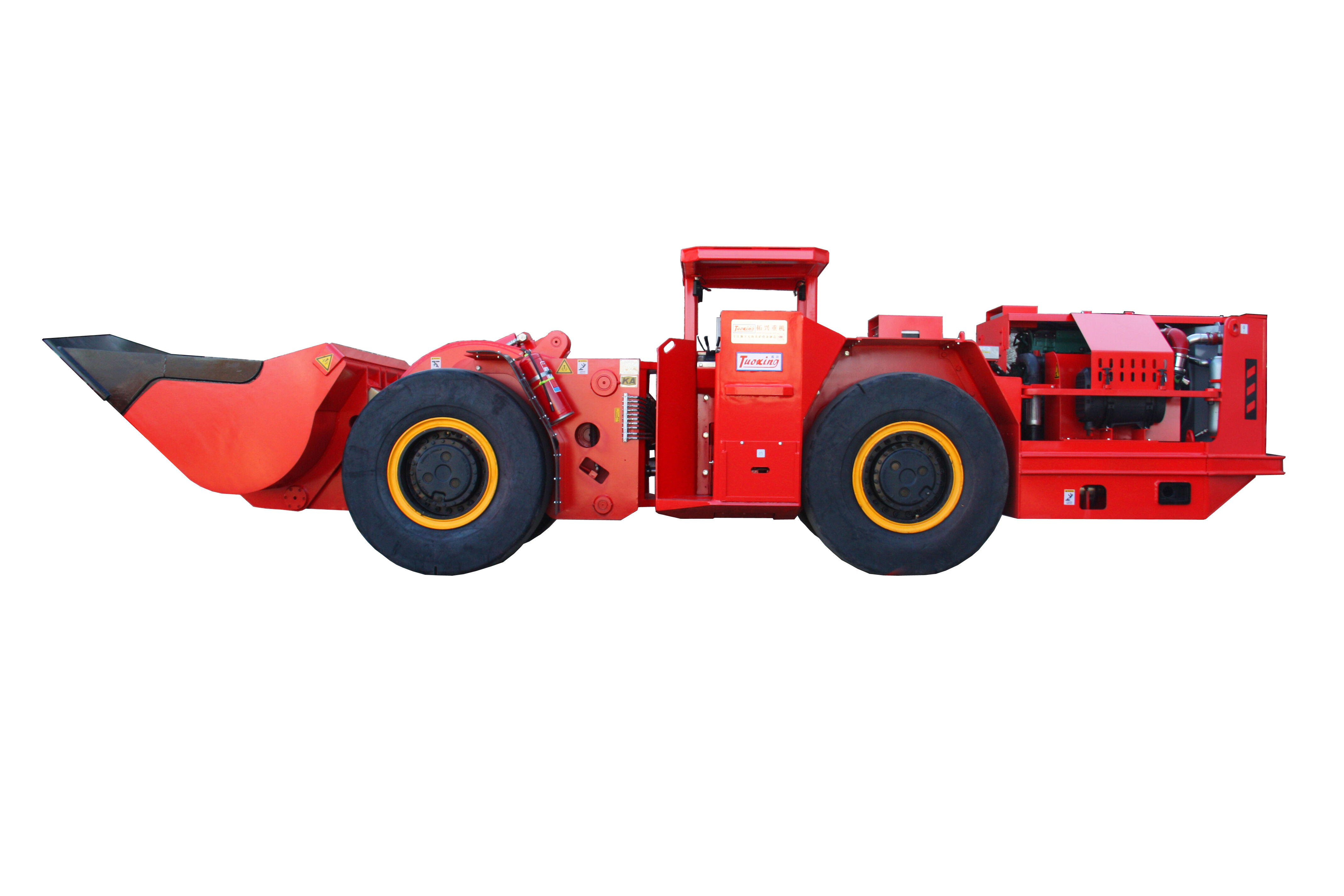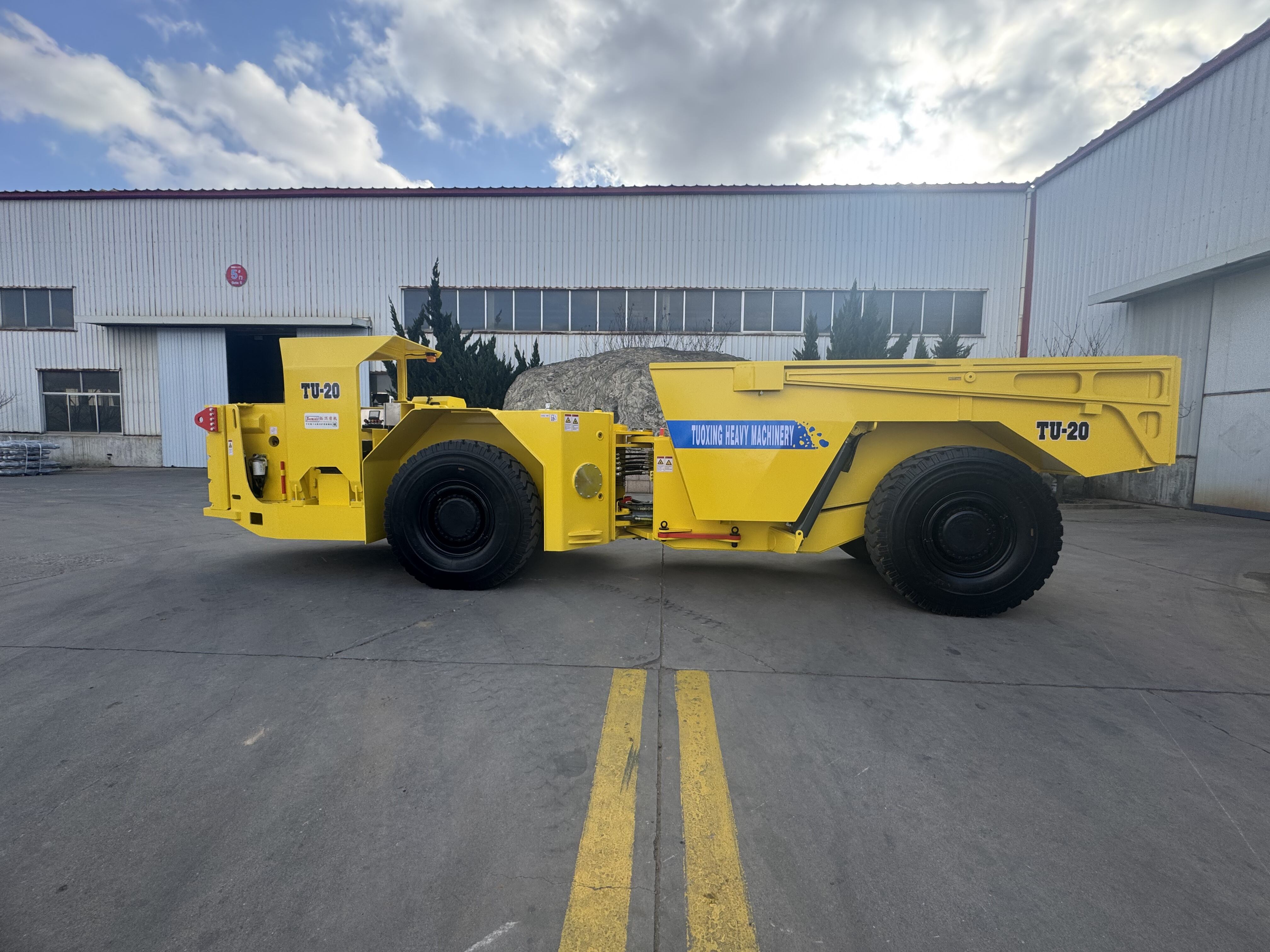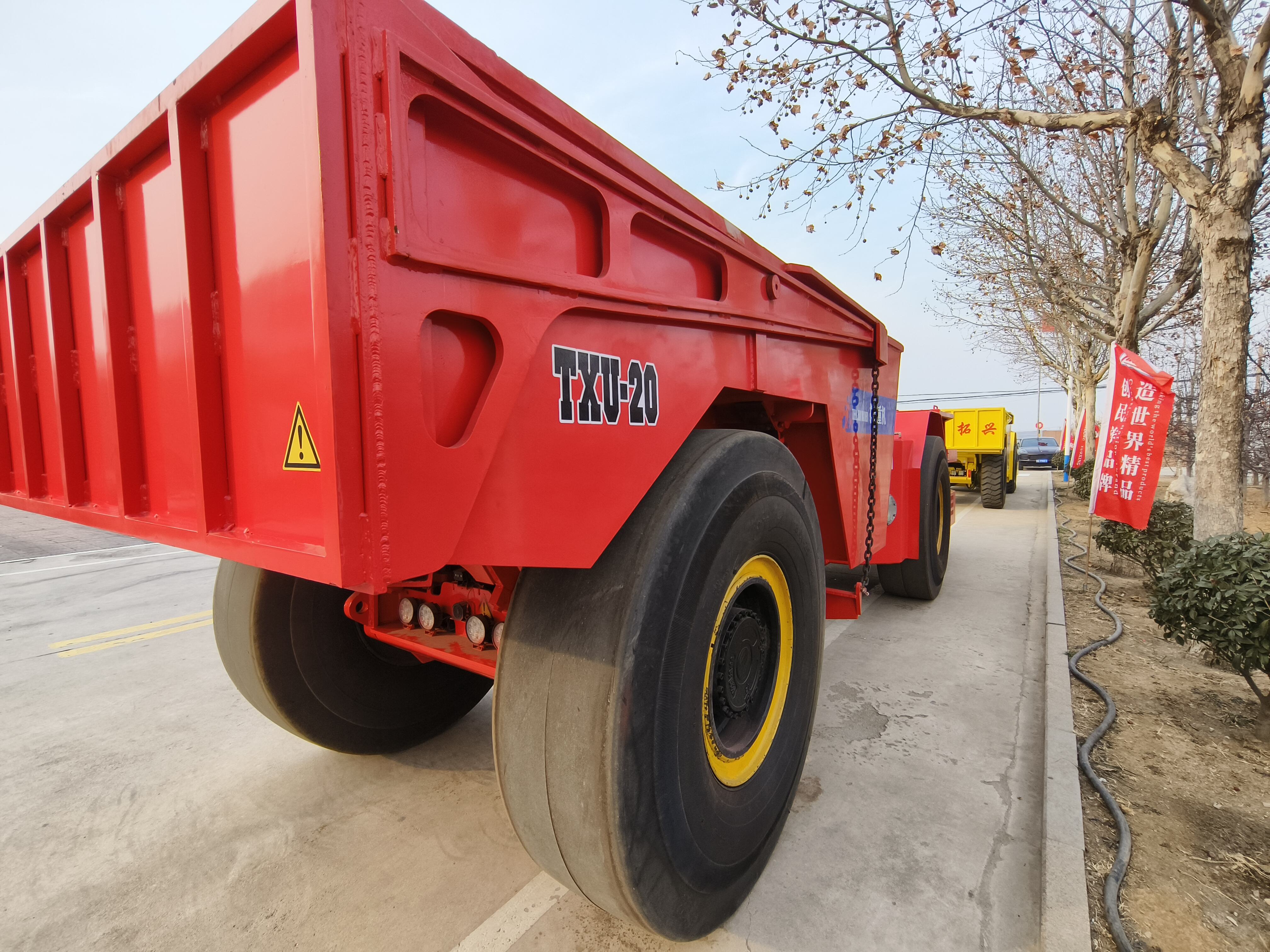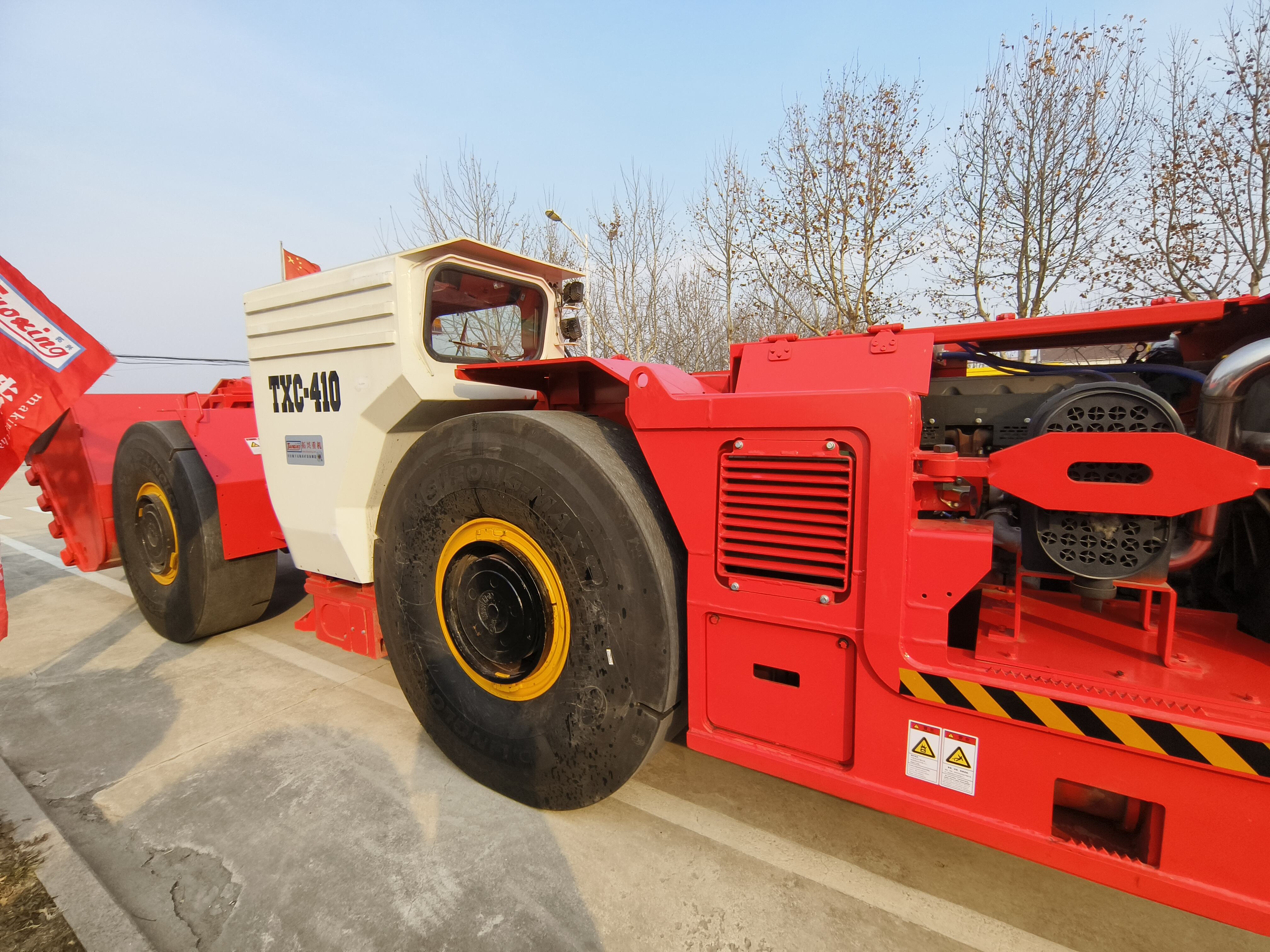african underground mining
African underground mining represents a vital component of the continent's mineral extraction industry, employing sophisticated techniques and technologies to access valuable mineral deposits beneath the Earth's surface. This mining method involves the creation of complex tunnel networks, shafts, and underground chambers to extract various minerals including gold, platinum, diamonds, and copper. Modern African underground mining operations utilize advanced drilling equipment, automated loading systems, and state-of-the-art ventilation technologies to ensure both efficiency and safety. The industry employs various mining methods such as room-and-pillar mining, long-wall mining, and block caving, depending on the geological conditions and type of mineral being extracted. Safety systems include ground support mechanisms, real-time monitoring equipment, and advanced communication networks. These operations also incorporate environmental management systems to minimize their impact on surrounding ecosystems and groundwater resources. The sector employs thousands of skilled workers and contributes significantly to many African nations' economies, particularly in countries like South Africa, Ghana, and the Democratic Republic of Congo.

